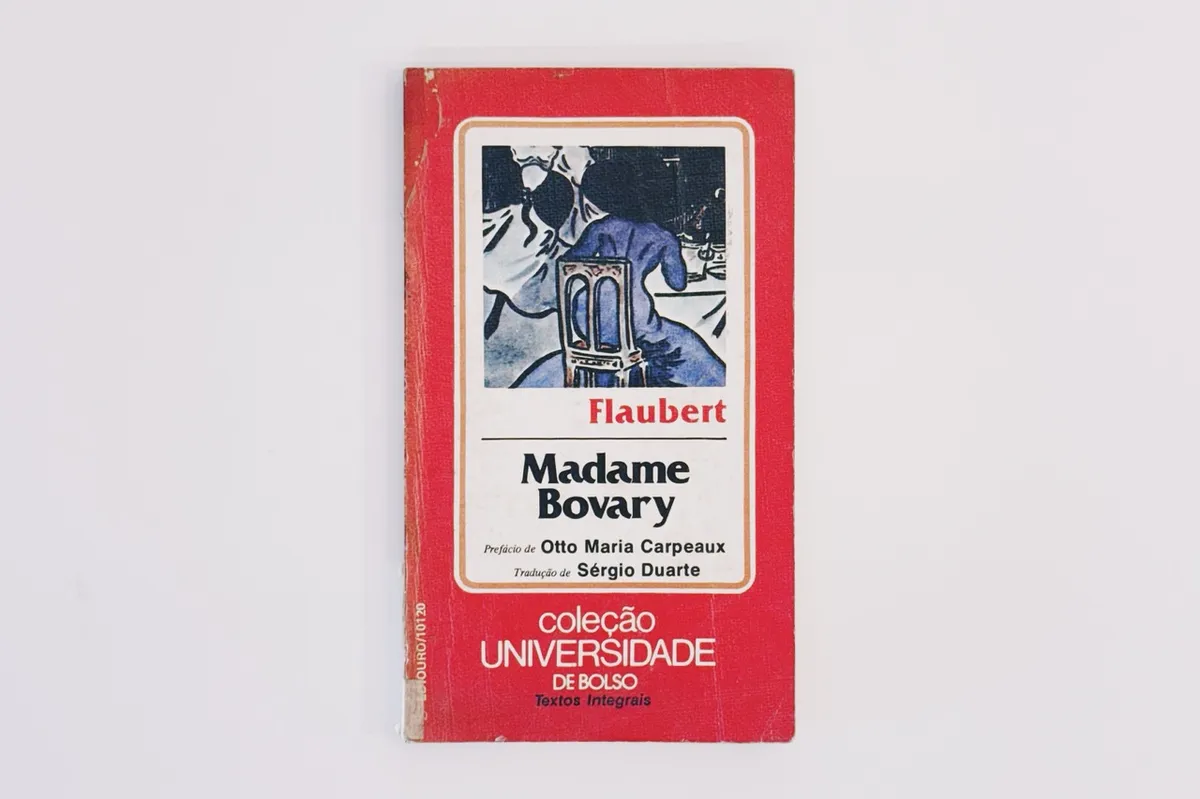literature
I was the first person in my family to graduate from college. I never lacked anything as a child; on the contrary, I had more than enough, but consuming culture wasn't a priority in our household. I was a teenager when I read my first "serious" book: Madame Bovary by Gustave Flaubert. That moment marked a turning point in my life. Emma wasn’t immoral; she was a dreamer. Charles wasn’t noble; he was weak. And society can be deeply hypocritical. That book showed me a world far bigger than mine at the time, exposing the complexities of human desires, needs, and relationships.
When I started college, I encountered people far more privileged than I was. While they had seen and experienced things firsthand, I had arrived at them through printed words. Yet, I never felt disadvantaged. The more I read, the more I felt I knew—or at least, I believed so at the time. I hadn’t traveled abroad or visited many places, but they were not foreign to me.
It was only later that I learned to appreciate literature for its aesthetic value. Now I read a book for its structure, its characters, and (only sometimes) its message. I don't believe art needs to have a moral or a central argument. In the beginning, though, my approach was more in line with Ezra Pound’s idea of "reading for power," a tool to see further than I was able to from where I stood.

Fortunately, that book is still with me, sitting on my shelf, with my mother’s signature inside.